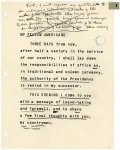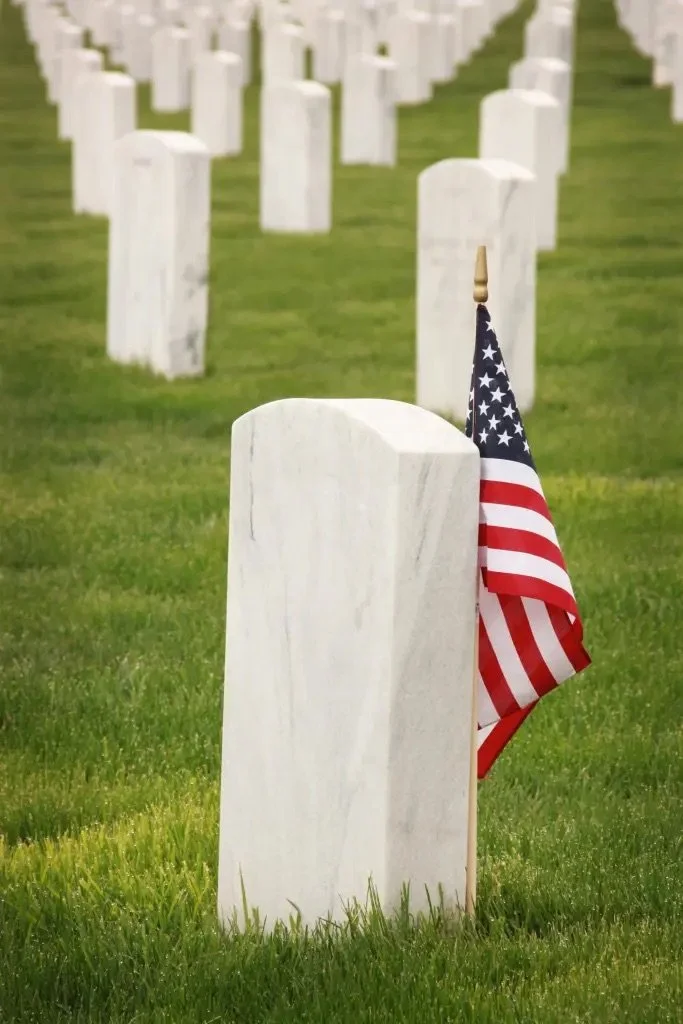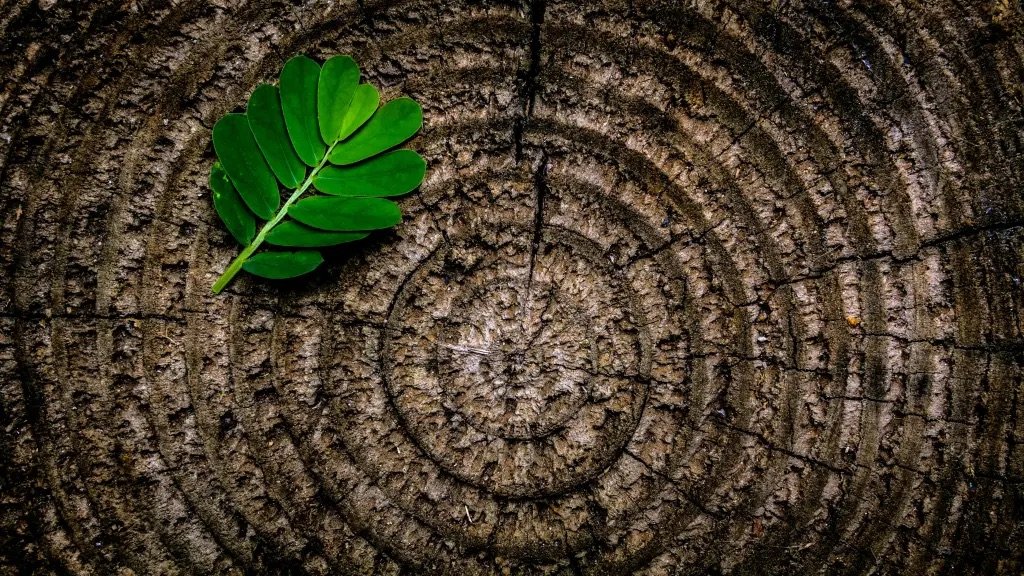Symbols and American Politics
Tomorrow, June 14th, is Flag Day. It commemorates the adoption of the flag of the United States by the Second Continental Congress in 1777.
Eisenhower's Farewell Address
We’ve argued repeatedly in this space that part of Washington’s greatness as president was his willingness to walk away from power, even in circumstances where the opportunity to expand power was handed to him.
On Courage
In my essay last week I talked about my ambivalent reaction to the movie Saving Private Ryan. Although visually powerful, I found the story full of holes and the overall moral framework poorly constructed.
The Art of War
On this Memorial Day we take some time to reflect on books and movies that can help us better understand the experiences of soldiers at war.
Stuck in the Middle With You
Being in the middle has a bad reputation. Middle children often seem willful and resentful.
The Cynic and the Emperor
My field of political philosophy contains an inherent contradiction since a philosophical disposition often eschews too close an engagement with the powers and principalities of this world.
Woodrow Wilson and Redemption by Blood
From their early Puritan days Americans have painted their politics with Biblical imagery.
A Woman's Place
We think of economics as “the dismal science” in part because it tries to bracket the question of values, opting for mere description and impersonal laws.
Globalism and the Individual
Political life must operate at some intuitive level on a coherence between views of the self and modes of governance.
Tribalism and the Sacred Part II
In last week’s essay, we looked at how ideas of “the sacred,” violence, and suffering congeal into our modern notions of victimhood, and our tendency to grant moral status to “victims.”
Tribalism and the Sacred Part 1
We have argued in this space that the state of democracy in America is both worse and better than people think.
A More Perfect Union
One of the more satisfying parts of this job has been engaging in partnerships with other organizations and presidential centers and foundations dedicated to serving the public weal and strengthening democratic norms and practices.
Virtue and the American Founding Part II
Last week we discussed Rousseau’s idea that “the act that constitutes the republic isn’t part of its constitution,” done by a “lawgiver” “able to see all men’s passions without having any of them.”
The Gnostic Problem Part 2
Last week I gave a brief introduction to the thinking of Eric Voegelin, but more importantly to the problem of Gnosticism.
Our Gnostic Moment
One question I like asking people is, if they went to college, which books had a special impact on either their thinking or their general approach to life.
The Urge to Localism
In my former life as a professor, and in my current non-professional life, I’ve advocated for a school of thought called “localism.”
The Melodrama
Much of our lives become embroiled in and defined by our obsessions with things “fleeting and failing,” but we can never silence the still, small voice within us that tells us to seek for truth and meaning beyond the ephemera.
Why Are Presidential Elections So Heated?
I’ve long claimed that, in a republican system of government, if presidential elections become the system’s central feature then that system is already in deep trouble.
How Divided Are We?
In an earlier essay, we talked about the problem of whether we can trust our senses.
What Does Ross Perot Have to Say To Us Today?
We’ve been subjected a great deal to the claim that we live in unprecedented times, but I suspect that only our liberal use of the term counts as unprecedented.




















